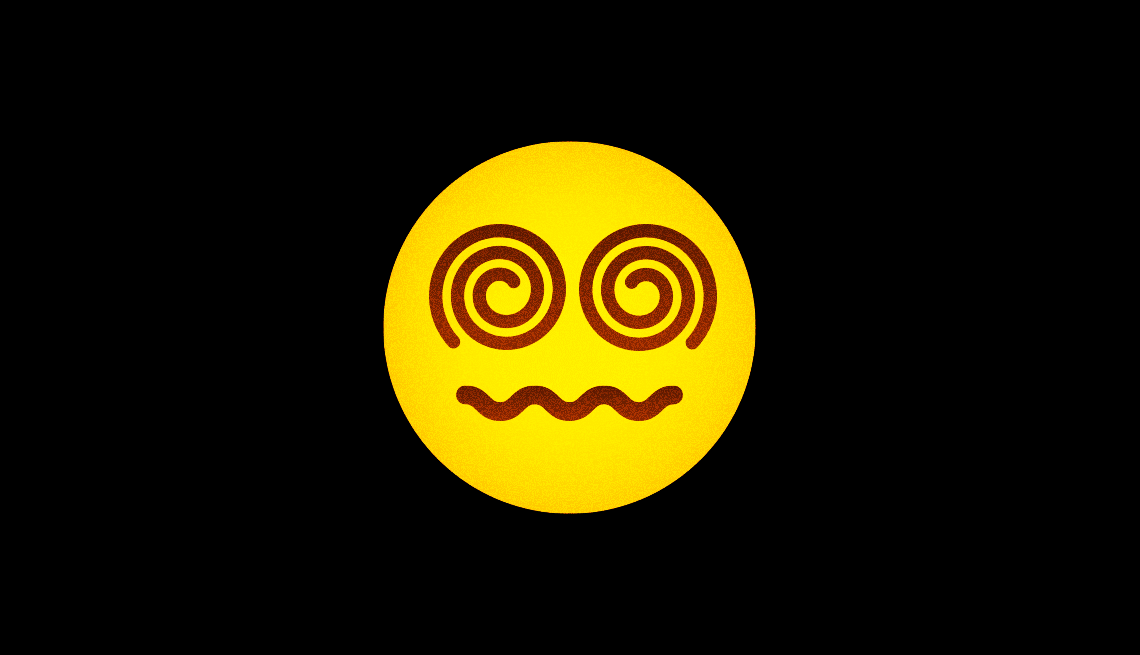AARP Hearing Center


When my 13-year-old son came home from school last week, I asked him the same question I always do: “How was your day?”
“Six seven,” he said.
This is the only answer I have been getting from him lately, and I am never sure how to respond. “OK, uh, that sounds like ... is that a good thing or a bad thing?”
“Six seveeeeen,” he shouted back, elongating the syllables. Then he burst out laughing and sprinted to his bedroom, because apparently cardio has become part of the bit now.
Here is the thing about “6-7”: pronounced “six seveeeeen” with the haunting intonation of a spectral accountant, it is currently stalking school hallways across the country, including a recent episode of South Park. It’s the Gen Alpha nonsense phrase of the moment, deployed in any situation where actual words would normally go. Ask how class was? “6-7.” Dinner? “6-7.” Feelings? Oh, buddy, “6-7.”
The phenomenon has achieved such cultural penetration that Dictionary.com just crowned it its 2025 Word of the Year, which is either a triumph of linguistic democracy or proof that we are living in the end times.
Talking to my son lately can feel like arguing with a hormonal alien who downloaded only half the English language and the entire internet. I recognize the individual numbers, sure, but “6-7”? In my day, our number jokes were at least honest about being number jokes. And they meant something. Case in point: 69. If you are a Gen Xer who just whispered “nice” after reading that last sentence, congratulations on still speaking fluent 1990s.
And 6-7 is just the tip of the Gen Alpha slang iceberg. Other recent additions include “skibidi,” “mogging,” “mewing,” “sigma,” “gyatt” and “Fanum tax.” Each one sounds like a discontinued Pop-Tart flavor that was pulled from shelves for legal reasons. Just listening to my son talk with his friends makes me want to google “Is there a Rosetta Stone for Teen?” I have not done this yet, but I am close. Very close.



































































You Might Also Like
How to Deal With a Defiant Teen
Follow these six tips from experts to help keep the peace at home if your teen is a bit prickly
Two Generations Take in Lollapalooza
Emotions emerged when a dad brought his son to the music fest he first attended three decades prior
First Time Being Outhiked by My Kid
Aileen Weintrab’s son used to struggle to keep up with her on the hiking trail, but now the tables have turned
Recommended for You